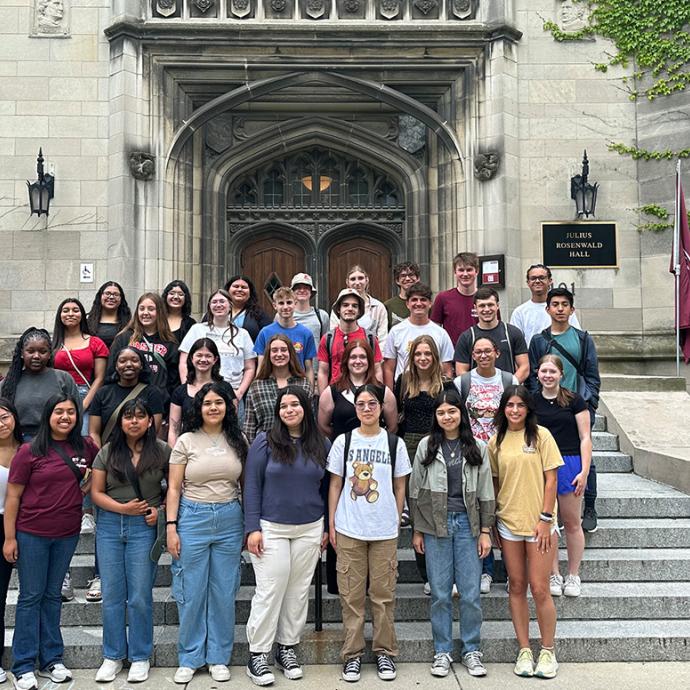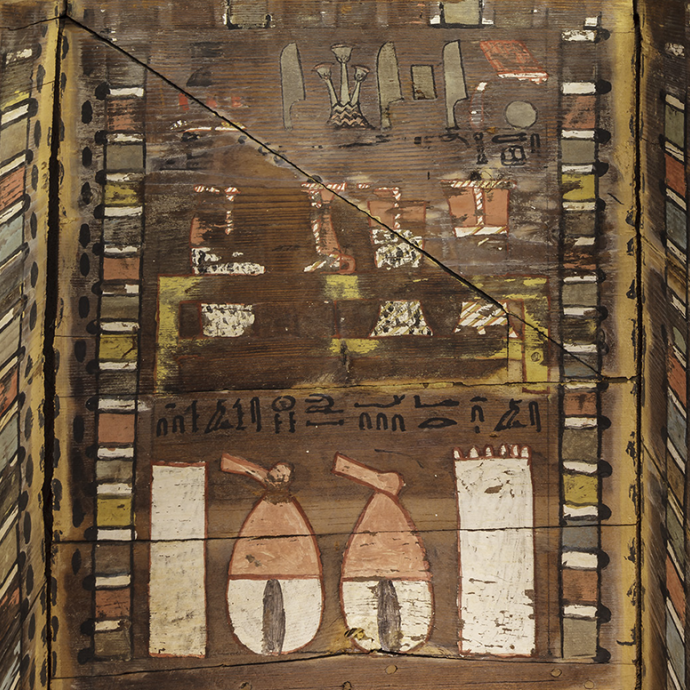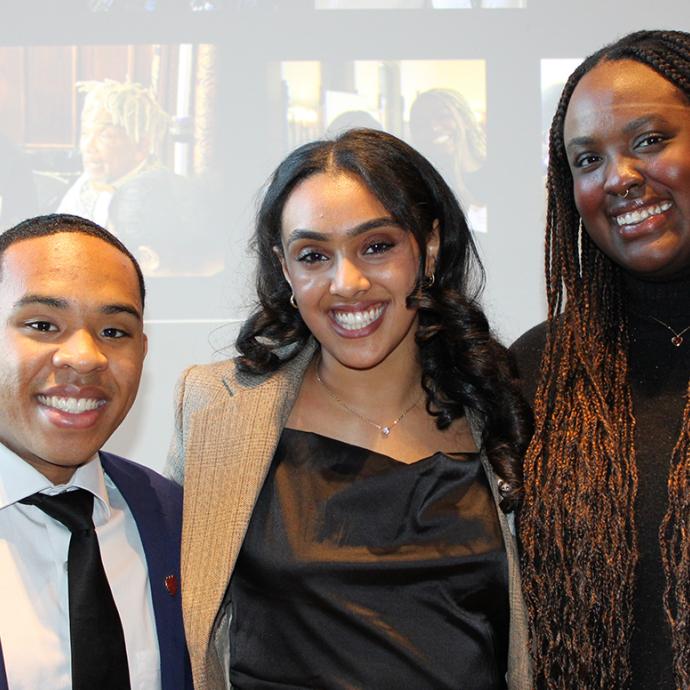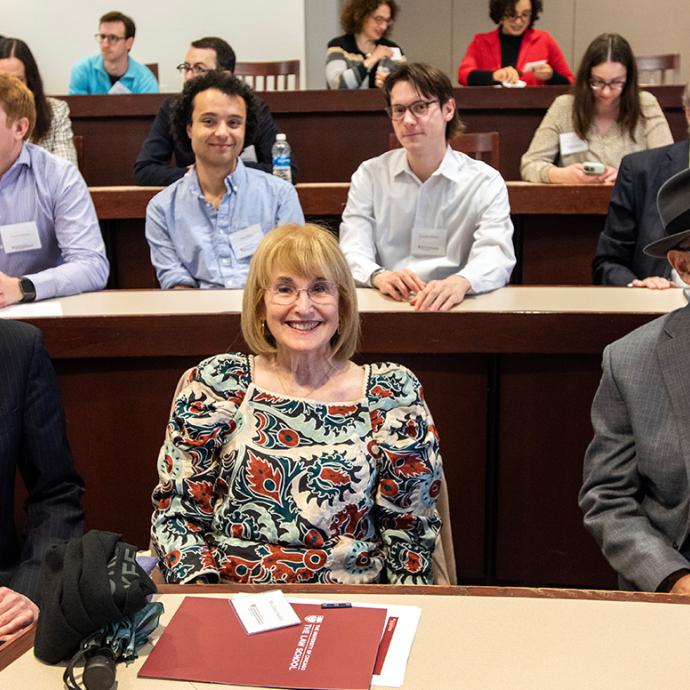University of Chicago Prof. Lek-Heng Lim has been awarded the 2023 Vannevar Bush Fellowship, the U.S. Department of Defense’s most prestigious award for basic research. It provides $3 million in funding to support transformative, “blue-sky” research at the limits of today’s technology.
Lim, a professor of computational and applied mathematics at UChicago, is among the 10 scientists and engineers chosen for the Bush Faculty Fellowship program.
The projects, said Heidi Shyu, undersecretary of defense for research and engineering, “will allow them to truly change the course of science in their fields, and I know they will set the Department up for breakthroughs in our future capabilities.”
Lim’s project seeks to gain understanding of how deep neural networks actually work—something which has remained mysterious, even to those creating and using them. “Many of the recent developments in AI are engineering innovations, involving ad hoc recipes justified by how well they perform in practice. There is little understanding,” Lim said.
“Most of what you hear today is about regulating AI, whether for or against, but nobody talks about understanding. We fear what we do not understand; we cannot predict or control what we do not understand,” Lim said. “The goal of my project is to understand the technology driving AI—deep neural networks, autoencoders, transformers and more.”
He likened the process to fire: “We often have a technology before we understand how it works. For example, humans learned to use fire half a million years ago, but only began to understand it in the last two centuries or so. It is dangerous, but we do not really fear it given that we understand it and can control and predict it.”
Some scholars have argued there are four branches of mathematics: analysis, algebra, geometry, and topology. Most of the previous attempts to understand neural networks, Lim said, use the framework of analysis. He plans to apply the other three branches—algebra, geometry, and topology—to gain a deeper understanding of the fundamental principles driving neural networks.
The fellowship is named after Vannevar Bush, who directed wartime scientific research and development during World War II (and staunchly defended fellow scientist J. Robert Oppenheimer, as seen in Christopher Nolan’s blockbuster "Oppenheimer"). Bush also championed the organization that would become the National Science Foundation, founded the company Raytheon and served as vice president of MIT and president of the Carnegie Institution of Washington.
“Given all of this, it's a bit of an honor to get an award named after him,” Lim said.










 —Prof. Chuan He
—Prof. Chuan He
